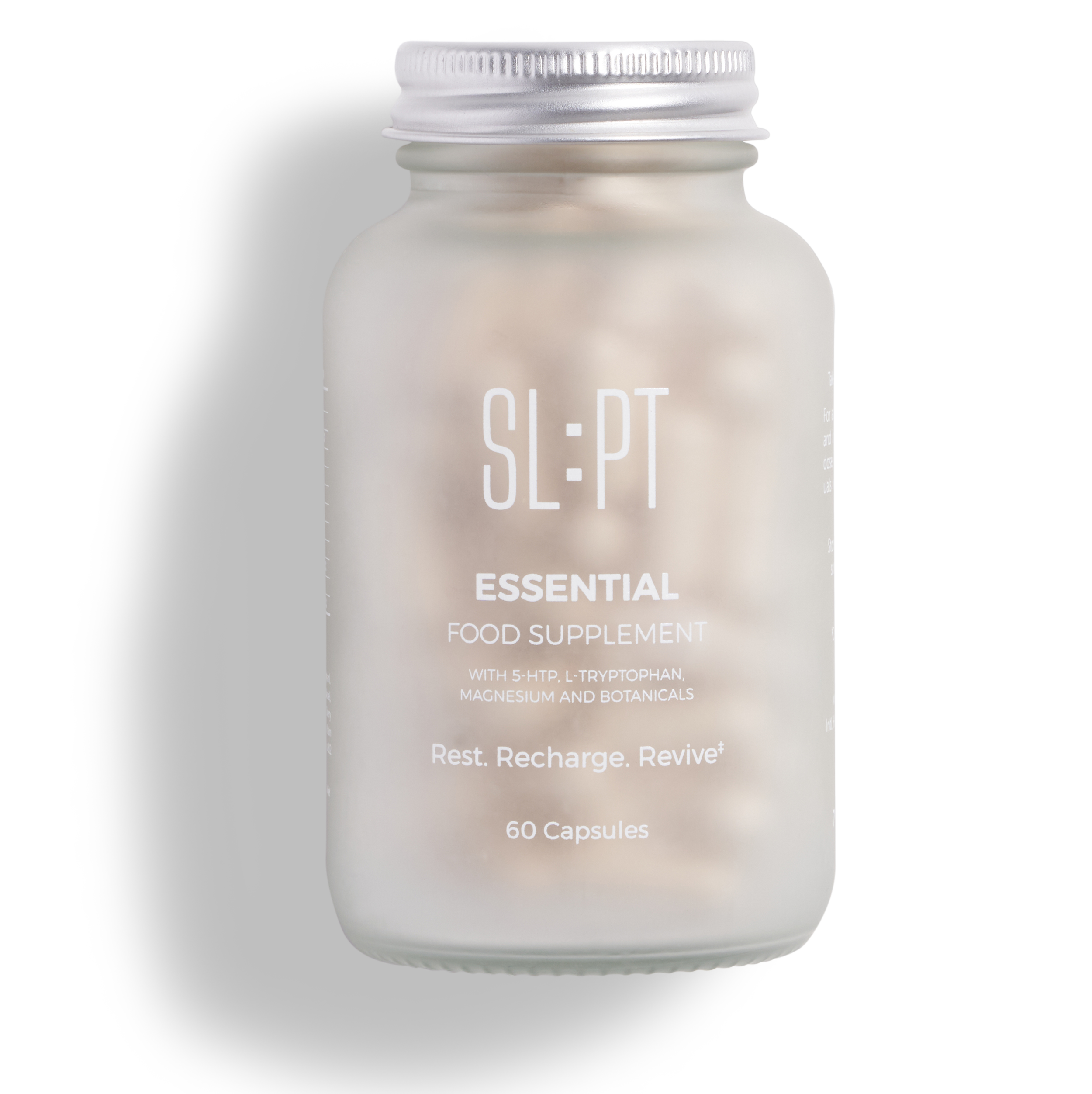Why Sleep is Vital for Your Diet & Fitness goals
It’s easy to forget that taking care of your body by resting is just as important as training effectively. You need sleep for muscle growth, sports performance, recovery, and learning. You might already be following strict training and nutrition programs, but without incorporating sleep into your program, you might be hindering your progress. Very few world-class athletes or sports stars are able to reach their physical prime without a good night’s sleep. Below we will show you just why you should be factoring in Sleep when you think about fitness…
Muscle Growth and Strength Training
Both strength training and cardiovascular exercise work your muscles. During our routines, we will strain our muscles which can cause small tears in muscle fibres. These heal during our rest periods. Muscle fibres will then thicken, increase in number and leads to muscle growth.
Sleep is an essential element in this process as our bodies produce important hormones for muscle growth during a good night’s sleep, such as human growth hormones. If we lack quality sleep, we produce fewer hormones and lower our ability to heal our muscle fibres and gain strength.
Sports performance and sleep
Sleep is critical for restoring our energy levels after a strenuous workout. A recent study found that basketball players performed at a higher level and had a lower probability of injury if they had good quality sleep the night before. Getting a good night’s sleep gives our muscles time to heal and improves our reaction times, muscle coordination, and speed.
The amount and quality of sleep we get is important, people who experience sleep problems, such as insomnia, won’t get all the benefits that someone with a full good night’s sleep will. In fact, trouble sleeping has been linked to poor performance the following day. In a recent study, it was found that athletes had faster sprint times after an extended nightly sleep time.
Recovery and sleep
Recovery occurs after our muscles – including arm, leg and heart muscles have been used in either strength training or cardiovascular exercise. The sleep cycle is comprised of rapid eye movement (REM) and non-rapid eye movement (Non-REM) components. During this sleep process, the human growth hormone is released, the hormone that helps our muscles hypertrophy. Non-REM sleep is the most critical for athletes as it’s the sleep stage when muscles are most relaxed, breathing slows, and blood flow to muscles increases. Non-REM sleep is made up of three stages. Of all the stages of sleep, Non-REM Stage 3 is the one that allows your muscles to repair and recover. Sleep problems, including insomnia, can interrupt our sleep patterns and make it difficult for us to get a good night’s sleep.
Learning and sleep
In addition to being critical for muscle growth and top sports performance, sleep is also important for memory consolidation. If you’re part of a sports team, that might apply to muscle memory and remembering patterns and sequences. REM and non-REM sleep is crucial for memory and moving thoughts from short to long-term memory.
A good night’s sleep is also important for your ability to learn techniques or strategies related to your sport or exercise. For example, a football player must remember key tactics and sequences and be in peak physical health. Sleep deprivation will lead to poor decision-making, and insufficient sleep could impair your tactical ability.
SLPT products that can help improve sleep
Take away
In conclusion, sleep and fitness are a two-way street: sleep improves your exercise performance while exercising during the day helps improve your sleep. Now that you know why sleep is important for your fitness goals, consider learning how to increase deep sleep or address any sleep problems you might have. Subscribe to our newsletter for more helpful sleep-related content, advice, tips, and everything sleep! Find out how a night of good sleep can reset your whole system.










Our ultra soft 100% cotton eye mask is the perfect accessory for supporting a great night's sleep.